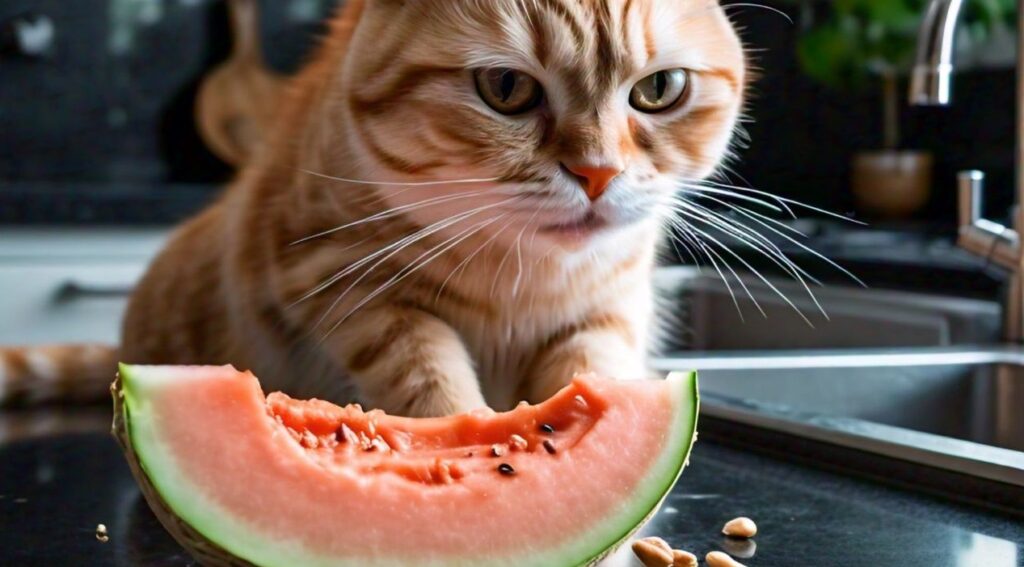So you think your feline friend might be expecting? Cats are prolific breeders, and it’s important to be prepared if your kitty is about to become a mama. But How Long Are Cats Pregnant?
The Gestation Countdown: Around 2 Months
The typical gestation period for a cat is between 63 and 67 days. This translates to roughly two months, or eight to ten weeks. It’s important to remember this is an average, and some variations can occur.
Early Signs Might Be Elusive
The first few weeks of pregnancy can be deceiving for cat owners. Unlike humans, cats typically don’t show obvious signs of pregnancy until two or three weeks into the term. This means you might have a month or so to prepare for the arrival of new kittens.
Let’s Talk Timing: Variations on a Theme
There can be some Abweichung (German for “deviation”) from the average pregnancy length. Here’s a breakdown:
- Most cats: Deliver between 63 and 65 days.
- Some cats: May go as long as 70 days, especially first-time mothers.
- Early arrivals: Can happen occasionally due to stress, hormonal imbalances, or other health factors.
If you suspect your cat is pregnant, consulting your veterinarian is always recommended. They can confirm the pregnancy, estimate the due date, and ensure both mama cat and her upcoming litter are healthy.
Preparing for the Purrfect Arrival
Once you know your cat’s on the path to motherhood, you can start getting ready for the kittens. Gather supplies like a birthing box, soft bedding, and kitten food. Having a designated space for mama to raise her little ones will help them feel safe and secure.
Knowledge is Meowgical!
Understanding the typical gestation period for cats is a pawsitive step towards caring for your expecting feline. By familiarizing yourself with the timeline and potential variations, you can ensure a smooth birthing experience for your cat and a warm welcome for her adorable new arrivals.




How Long Are Cats Pregnant: Diet Do’s and Don’ts
Congratulations! Your furry friend is expecting. As you prepare for the pitter-patter of tiny paws, ensuring proper nutrition for your pregnant cat becomes crucial. Let’s delve into the world of feline maternity meals and discover how to keep mama cat healthy and happy.
Supercharge Her System: Upping the Nutritional Ante
Pregnant cats are like tiny athletes. Their bodies are working overtime to nourish developing kittens. To meet these increased demands, you’ll need to adjust their diet. Here’s what’s on the menu:
- Kitten Chow Power: High-quality kitten food is your best bet. It’s formulated for growth and development, boasting more protein and calories than adult cat food, perfectly suited for mama’s needs.
- Protein Powerhouse: Protein is the building block of life, and it’s especially important during pregnancy. Consider incorporating small amounts of cooked chicken, fish, or eggs into your cat’s regular meals.
- Hydration Hero: Fresh, clean water is essential for overall health, but it becomes even more critical during pregnancy. Ensure your cat has easy access to water throughout the day.
Serving Suggestions: Cater to Kitty’s Changing Needs
As your cat’s pregnancy progresses, her dietary needs will shift slightly:
- Early Stages: No drastic changes are necessary initially. You can start introducing kitten food gradually to avoid stomach upset.
- Mid-Trimester: This is when the growth spurt begins. Increase food portions by about 25% and transition fully to kitten food.
- Late Stages: Appetite may skyrocket as the kittens near arrival. Offer multiple small meals throughout the day to prevent overeating and discomfort.
Foods to Avoid: Keeping Kitty Safe
While you want to nourish your pregnant cat, some ingredients can be harmful:
- Raw Fish: Can harbor parasites.
- Dairy Products: Most cats are lactose intolerant.
- Processed Meats: High in sodium and fat, not suitable for feline needs.
Listen to Your Cat’s Instincts
Remember, cats are intuitive eaters. If your feline friend seems uninterested in a new food, don’t force it. Consult your veterinarian if you have any concerns about your cat’s appetite or weight gain during pregnancy.
Weight Watching: A Balancing Act
Monitor your cat’s weight throughout pregnancy. While some weight gain is expected, excessive weight gain can lead to birthing complications. Your vet can advise on an ideal weight range for your cat based on her breed and size.
By providing a nutritious diet tailored to your pregnant cat’s needs, you’re setting the stage for a healthy pregnancy and a happy litter of bouncing kittens. Remember, a little planning goes a long way in ensuring a purrfect arrival for your feline family.
Day 1st to Till Birth Routine Schedule for Pregnant Cat
Unfortunately, there isn’t a specific day-by-day schedule you can follow for a pregnant cat. Their needs are fairly consistent throughout pregnancy, with some adjustments as the kittens develop. Here’s a breakdown by trimester to give you a general idea:
First Trimester (Weeks 1-4):
- Routine: Maintain your cat’s regular feeding schedule and litter box cleaning routine.
- Diet: No major changes needed initially. You can start introducing kitten food gradually.
- Activity: Most cats remain active during this time. Provide scratching posts and climbing opportunities.
- Vet Visit: Schedule a vet visit to confirm pregnancy and discuss dietary needs.
Second Trimester (Weeks 5-8):
- Routine: Continue regular feeding and litter box maintenance.
- Diet: Fully transition to high-quality kitten food. Increase portions by 25% as the kittens grow.
- Activity: Activity level might decrease slightly. Provide comfortable resting areas.
- Weight Gain: Monitor weight gain. Consult your vet if it seems excessive.
Third Trimester (Weeks 9- Birth):
- Routine: Continue with established routine, but be prepared for birthing needs (nesting box, towels, etc.).
- Diet: Offer frequent, smaller meals throughout the day to prevent overeating.
- Activity: Expect a significant decrease in activity. Provide easy access to food, water, and litter box.
- Behavior: Nesting behavior may begin. Leave her undisturbed and provide a quiet, private birthing area.
- Vet Visit: Consider a pre-birth checkup with your veterinarian, especially for first-time mothers.
General Tips:
- Fresh Water: Ensure fresh, clean water is available throughout pregnancy.
- Playtime: Continue playtime if your cat is interested, but adjust intensity to accommodate her changing body.
- Affection: Provide plenty of love and attention to your pregnant cat.
Remember: This is a general guide. Every cat is an individual, and their needs may vary. Always consult your veterinarian for personalized advice throughout your cat’s pregnancy.
References
Absolutely! Here are some helpful resources on caring for pregnant cats:
Websites:
- American Society for the Prevention of Cruelty to Animals (ASPCA): https://www.aspca.org/animal-care-recovery/kitten-nursery
- The Spruce Pets: https://www.thesprucepets.com/signs-a-cat-is-pregnant-555419
- PetMD: https://www.dutch.com/blogs/cats/cat-pregnancy-timeline
Videos:
- American Veterinary Medical Association (AVMA): While not directly on pregnancy, this video from the AVMA covers general cat care tips: https://www.youtube.com/user/amervetmedassn
- Kitten Lady: This YouTube channel run by a veterinarian technician specializes in kitten care, and many videos indirectly apply to pregnant cat care: https://www.youtube.com/@KittenLady
Remember, while these resources are informative, they are no substitute for consulting your veterinarian. They can provide the most personalized advice for your specific cat’s needs throughout her pregnancy.


